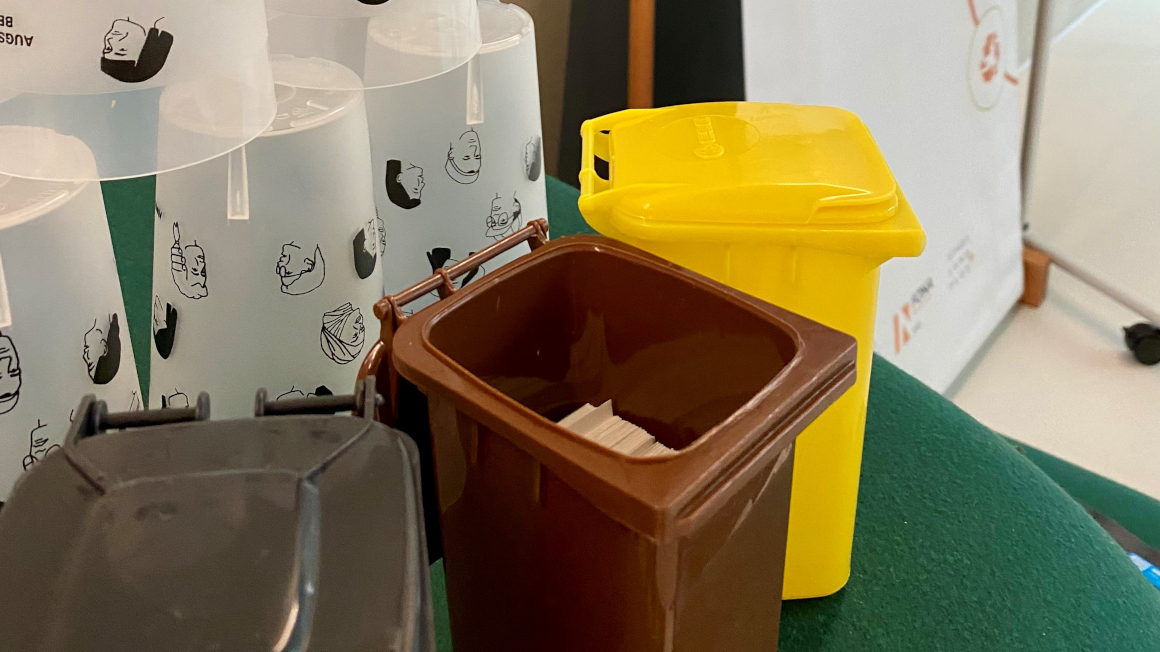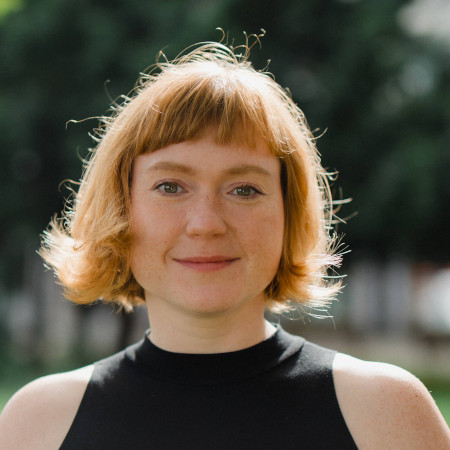Solutions for an efficient circular economy
Using the Augsburg region as an example, a research consortium is showing how plastics can be recycled and replaced by bio-based plastics.

Germany is considered a pioneer in waste separation and recycling throughout Europe. Despite this, only 17% of plastics are recycled in this country, with the majority being incinerated. In the reGIOcycle project, a consortium of eleven joint and five associated partners, including the University of Augsburg, has developed specific solutions for the Augsburg region to avoid, replace and recycle plastics more efficiently. The project was funded by the Federal Ministry of Education and Research from January 2020 to January 2025.
Bioplastics pass the practical test
The Resource Lab at the University of Augsburg was involved in several sub-projects. For example, it determined the life cycle assessment for biobased and fibre-reinforced plastics. This showed that these materials retain their mechanical stability even after repeated use and are also suitable for single-origin recycling.
Regional reusable system developed
With the so-called Augsburg cup, a reusable system for cold drinks was also developed. According to the researchers, the use of the cups in catering, universities and at events has led to a ‘significant reduction in disposable packaging’. Furthermore, CO2 emissions were reduced by 75% compared to single-use PET. Over 80% of the reusable cups were also returned. The newly developed reusable system is now being used by an event agency in the region.
Concrete recommendations for action
"With reGIOcycle, we were able to show how practical change can succeed - from regional reusable cups to bio-based packaging. The results provide concrete options for action for local authorities, business and research - far beyond the Augsburg region," says Andrea Thorenz, Head of the Resource Lab at the University of Augsburg.
In addition, measures were developed with citizens and the municipal waste management sector to reduce so-called contaminants, such as plastic bags, in the organic waste bin. ‘Low-threshold information offers and active involvement of the population’ are an ‘effective lever for cleaner organic waste separation’, the researchers concluded. The results are now to serve as the basis for the city-wide implementation of corresponding strategies.
bb


